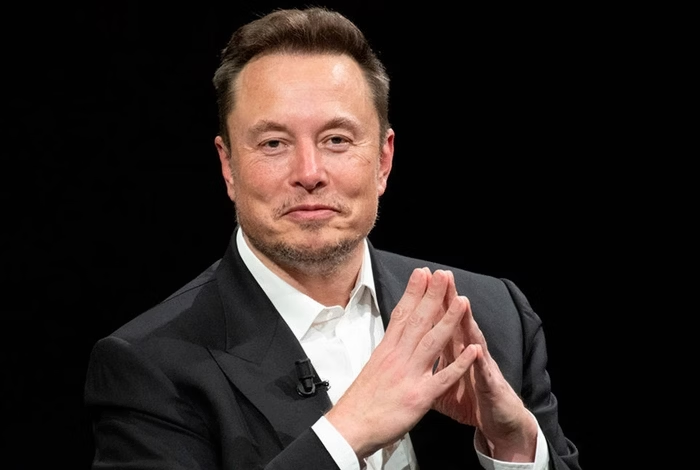Elon Musk, a name synonymous with innovation, disruption, and audacious ventures, has once again made headlines with an intriguing move: a significant land purchase in Brazil’s Minas Gerais state. This isn’t about launching rockets from new terrain or expanding social media empires. This time, Musk’s gaze is fixed on a critical mineral driving the global energy transition: lithium, often dubbed the “white gold” of the electric era.
Musk’s investment in Brazil’s Jequitinhonha Valley isn’t just another real estate deal; it’s a potent signal about the intensifying race for essential resources and the pivotal role Latin America might play in the coming decades.
The Strategic Value of “White Gold”
The Jequitinhonha Valley, traditionally known for its natural beauty and challenging socio-economic conditions, is now emerging as a hotspot for a mineral that powers our modern lives: lithium. This lightweight metal is the indispensable component of rechargeable batteries found in electric vehicles (EVs), smartphones, laptops, and crucial energy storage systems for solar and wind power.
The global demand for lithium is projected to skyrocket, with the International Energy Agency (IEA) forecasting an astonishing 40-fold increase by 2040. This exponential growth is driven by the relentless global push towards decarbonization and electrifying transportation and energy grids. Brazil, currently the world’s fifth-largest lithium producer, holds immense potential to ascend as a major player in this burgeoning green economy.
Brazil’s Emerging Lithium Valley: A Global Hub?
While Musk’s involvement draws headlines, his investment is part of a larger trend. Companies from Europe, the USA, and Asia are also pouring capital into Minas Gerais, eager to secure their share of lithium to feed the burgeoning EV and clean energy industries. This collective interest is transforming the region into a strategic hub for technology and energy giants.
Musk’s land acquisition, therefore, is more than just a Tesla-specific maneuver. It represents a strategic repositioning of Brazil within the global supply chain for electric vehicles and sustainable technology. By securing direct access to lithium, companies can reduce their dependence on established, often concentrated, markets like China and Australia. Brazil offers a compelling alternative due to its significant reserves, growth potential, and closer proximity to American and European markets.
This investment resonates deeply within the Geeks Economy for several reasons:
- Accelerating EV Adoption: Reliable and affordable access to lithium directly impacts the cost and availability of EV batteries, which are the most expensive component of electric cars. Securing supply chains can accelerate the global shift away from fossil fuel vehicles.
- Battery Technology & Energy Storage: The quest for more efficient and sustainable lithium extraction methods, coupled with the need for advanced battery technologies, will drive further research and innovation in materials science and engineering.
- Resource Geopolitics: It highlights the evolving landscape of resource geopolitics, where access to critical minerals becomes as vital as access to oil once was. Nations with significant reserves gain increased leverage on the global stage.
- Local Economic Development: For regions like the Jequitinhonha Valley, such investments promise job creation, infrastructure development, and potential technology transfer. However, it also ignites crucial debates about ensuring responsible resource extraction that benefits local communities without causing irreversible environmental damage or social disruption.
Elon Musk’s foray into Brazil’s “white gold” is a testament to the interconnectedness of technological advancement, global economics, and resource strategy. It underscores that the future of clean energy and digital mobility is deeply rooted in the ground beneath our feet, demanding a curious mind and an experienced hand to navigate its complex opportunities and challenges.


